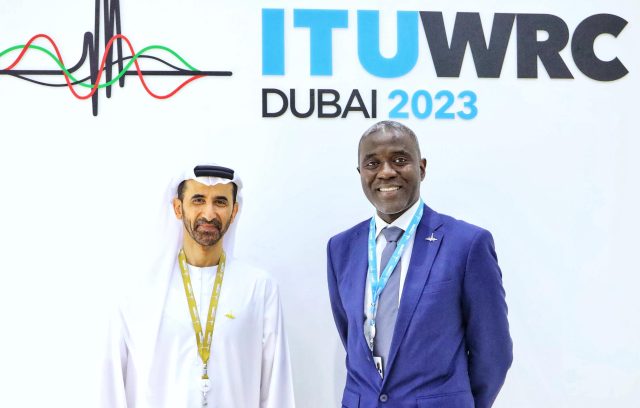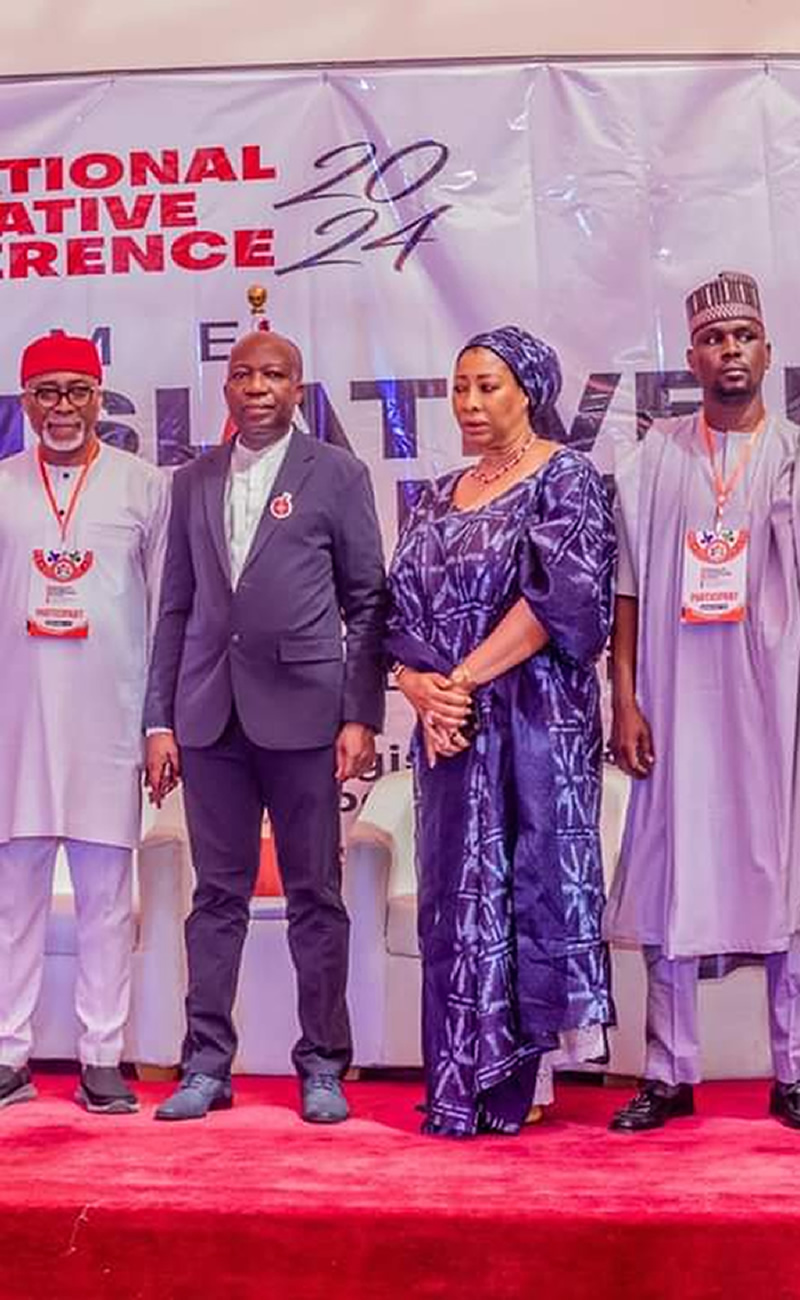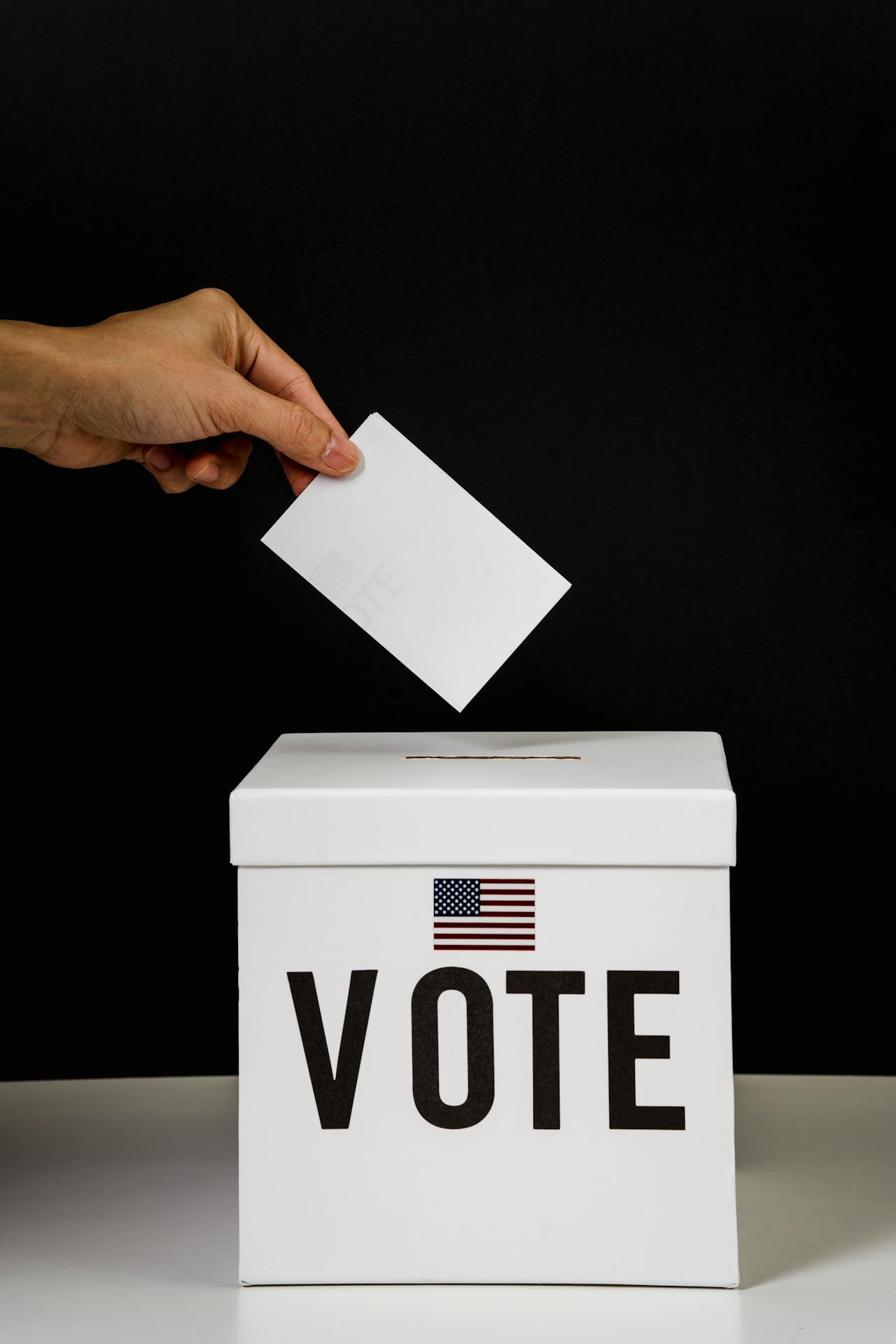The robust participation of the Nigerian delegation to the world radio conference has excited the NCC boss who also praised the minister for showing leadership

Nigeria’s performance at the just concluded International Telecommunications Union (ITU)’s World Radio Communications (WRC) Conference 2023, has been described as exciting and impressive.
Executive Vice Chairman (EVC) of the Nigerian Communications Commission (NCC), Dr. Aminu Maida, said the election of two Nigerians into leadership positions and other delegates from the commission got elected into working groups at the event which held in Dubai, United Arab Emirates, proved that Nigeria is taken very seriously by the global community.
A statement by the NCC director of public affairs, Reuben Muoka, said Dr. Maida expressed the sentiments at the sidelines of the WRC 2023 in which the commission’s director of spectrum administration, Engineer Abraham Oshadami, was elected vice chairman of the ITU’s Radiocommunication Advisory Group (RAG); while the acting general ganager and project manager, navigation project office, Nigerian Communications Satellite Limited, Dr. Lasisi Salami Lawal was elected vice chairman of the ITU-R Study Group Four (Satellite Services).
The statement said some other members of the NCC delegation were elected into WRC 2023 Working Groups.
While congratulating the successful delegates, “Maida commended the Honourable Minister of Communications, Innovation and Digital Economy, Dr. Bosun Tijani, who led Nigeria’s delegation to WRC 2023, for “providing guidance, leadership, encouragement and support to the Nigerian delegation at the conference.”
“The WRC Conference brings together the global community to agree on the use of the world’s finite spectrum resources, the electromagnetic waves that provide connectivity for our day-to-day technologies.
“Maida expressed delight at the outcome of the elections, stating that roles of the Nigerian elected delegates would enhance Nigeria’s global standing in the telecom space, as well as ensure that the country’s interests and goals are more aptly aligned with global best practices.
“I am excited about the election of two of our colleagues, Engr. Oshadami and Dr. Lawal as Vice Chairs of the Key Study Groups. It is an honour for the Nigerian Communications Commission and the Nigeria Communications Satellite Limited to have produced these two intellectuals as global radiocommunication leaders.
“Their positions will also ensure that our interests and goals aptly align with global best practices, especially as we work towards attaining the target set by the National Broadband Plan,” the NCC boss was quoted in the statement.
The NCC boss “charged them to live up to the huge expectations that the global radiocommunication community has placed on them by electing them into the roles.
“He also reflected deeply on the presence of the Honourable Minister at the event as a major booster for the delegation and a strong indication of the Federal Government’s commitment to the delegation’s participation at the WRC-23. The NCC boss also used his presence at the event to engage with the leadership of the ITU, as well as other leaders in the global telecom industry.
“He held meetings with the Secretary General of the ITU, Mrs. Doreen Borden-Martin, as well as the Secretary General of the African Telecommunications Union (ATU), Mr. John Omo, during which he shared his vision and priorities for the Commission, as well as potential areas of collaboration and increased Nigerian participation in the two unions.
“Maida also met with directors at the ITU, including the Director of Telecommunication Development Bureau (BDT), Dr.Cosmas Zavazava; Director of the Radiocommunication Bureau (BR) Mr. Mario Maniewicz and the Director of the Telecommunication Standardisation Bureau (TSB), Mr. Seizo Onoe,
“One of the meetings was also with his UAE counterpart – the Director General of the Telecommunications and Digital Government Regulatory Authority (TDRA), H. E. Engineer Majed Sultan Al Mesmar, where they shared their perspectives on effective regulation.”



